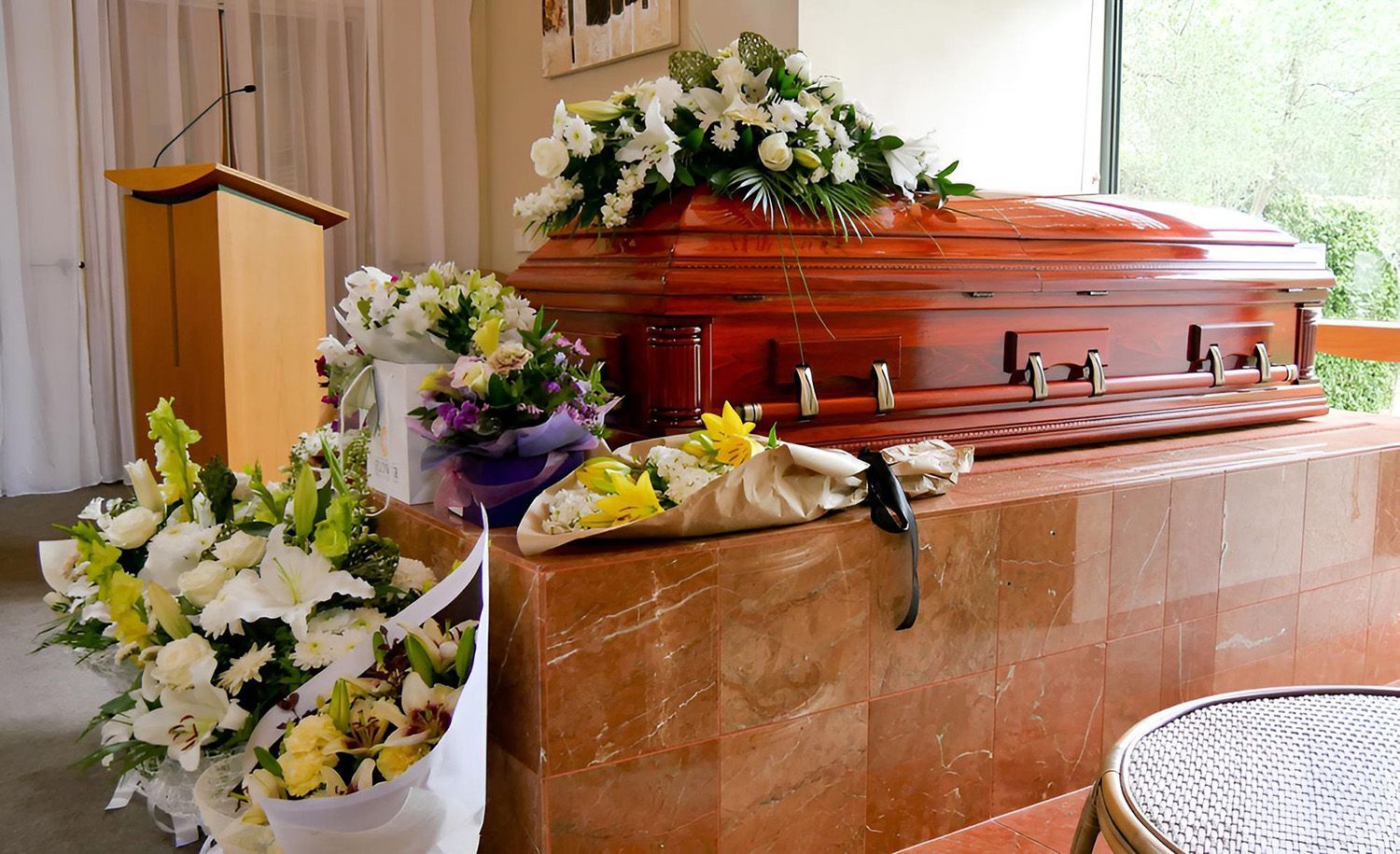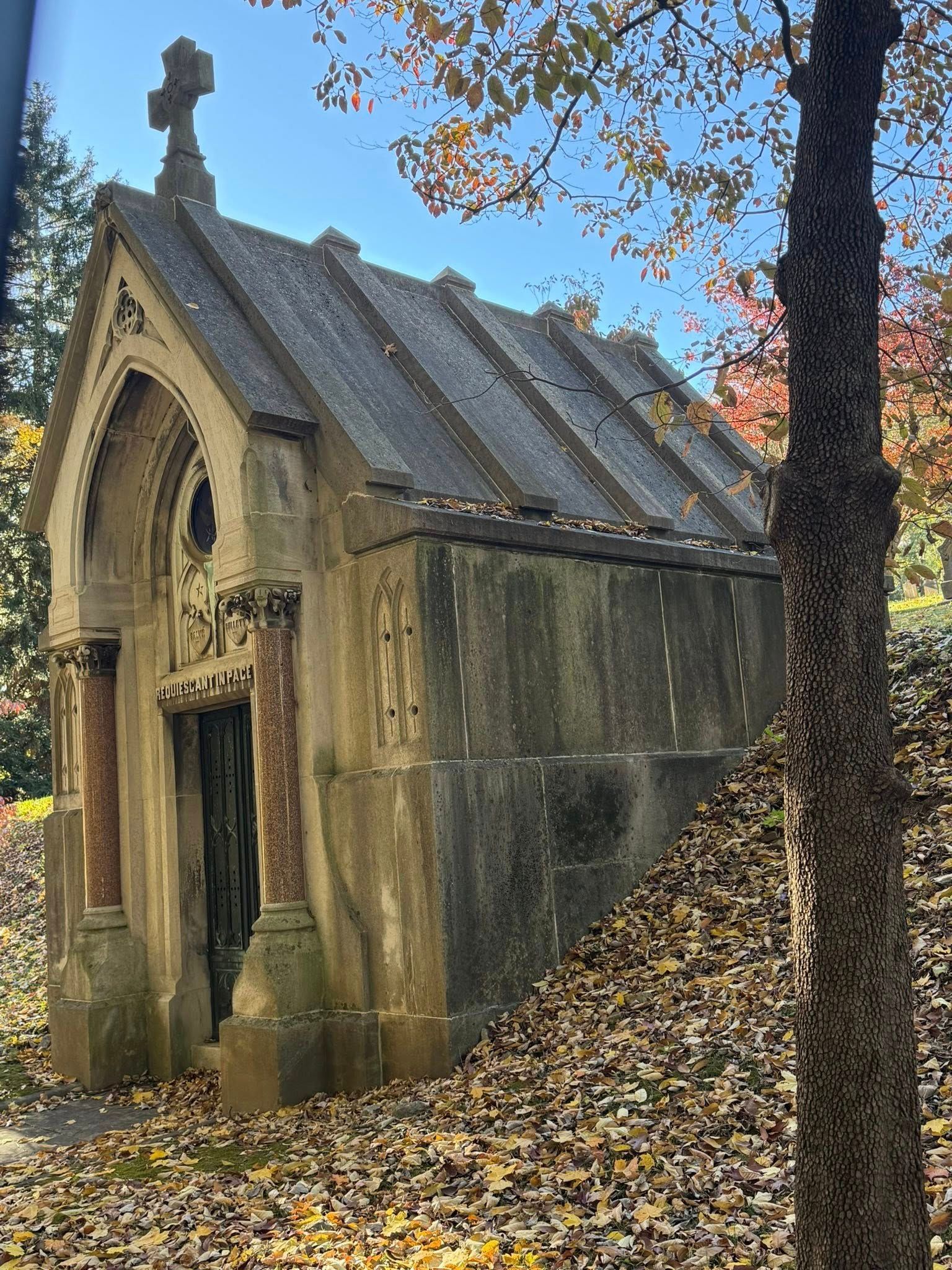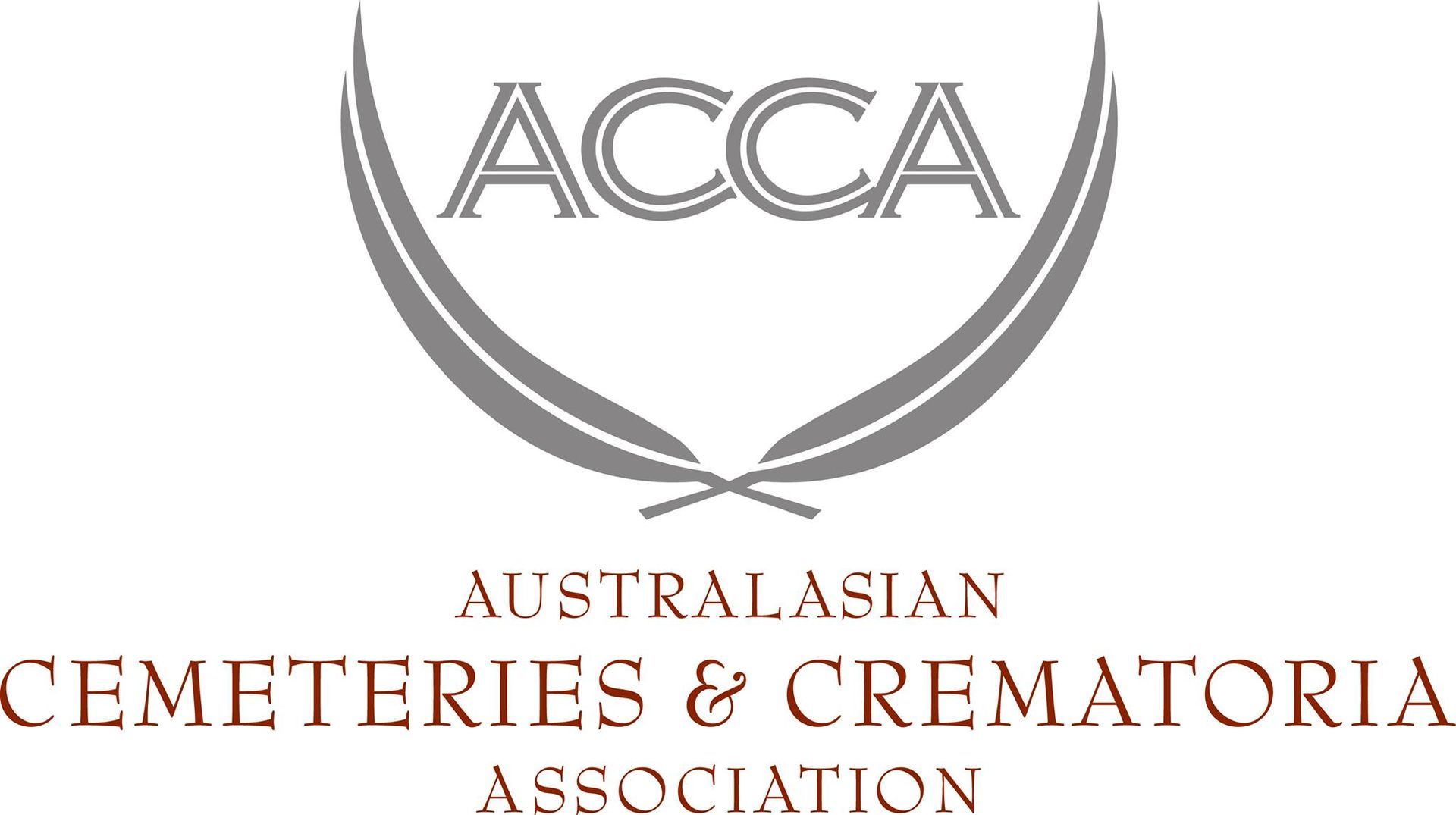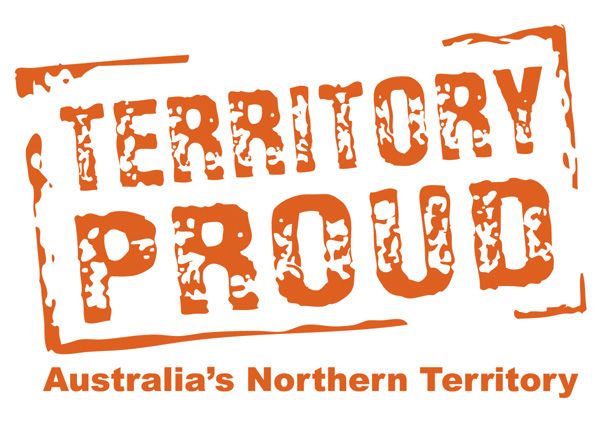How Funeral Professionals Help Arrange a Meaningful Farewell
Planning a funeral can feel overwhelming, particularly amid grief. Many families turn to funeral directors to help navigate the decisions and logistics involved in these deeply personal and emotional times. The aim is not only to ensure respectful arrangements but also to create a farewell that honours the life of a loved one in a manner aligned with their values and preferences.
Funeral directors can assist with a wide range of tasks that, when combined, provide much-needed structure and sensitivity during a difficult period. Here's how their role supports families and helps arrange a meaningful farewell.
Understanding the Role of a Funeral Director in Your Time of Need
Funeral directors act as coordinators, facilitators and guides during funeral arrangements. They are typically the first point of contact after a death and take on many behind-the-scenes responsibilities so that families can focus on remembrance and grief.
Key areas where funeral directors provide support include:
- Clarifying what needs to be done immediately following a death
- Explaining the steps involved in organising a funeral
- Offering advice on available options without pressuring families into specific decisions
- Facilitating discussions among family members when preferences differ
Funeral directors in Darwin can offer reassurance and direction when it’s most needed by providing structure to a process that can otherwise feel chaotic.
Helping You Choose Between Burial & Cremation with Sensitivity
Choosing between burial and cremation is a significant decision that depends on personal, religious, cultural or environmental considerations. Funeral directors offer information to help families understand the practicalities of each choice.
Support typically includes:
- Describing what’s involved in each option, including timelines and processes
- Outlining potential considerations such as memorialisation and ashes placement
- Discussing any preferences expressed by the deceased, where known
- Coordinating arrangements in accordance with these choices
This guidance allows families to make informed decisions that reflect the values of their loved ones.
Coordinating with Clergy, Celebrants & Cemeteries So You Don’t Have To
Funeral arrangements often involve a number of third parties, from celebrants and clergy to cemetery or crematorium staff. Funeral directors typically manage these connections on the family’s behalf.
This coordination may involve:
- Booking the service location and confirming venue availability
- Liaising with celebrants or religious leaders about the ceremony structure
- Coordinating transportation, equipment and service requirements
- Ensuring that timings are consistent across all providers
By managing these communications, funeral directors help streamline what might otherwise be a time-consuming process.
Assisting with Legal & Documentation Requirements
There are various legal and administrative requirements following a death, which may be unfamiliar to many families. Funeral directors can assist with gathering and submitting the necessary paperwork.
This often includes:
- Notifying the relevant authorities
- Assisting with the documentation needed for burial or cremation permits
- Coordinating the death certificate process
- Advising families on how to obtain additional certified copies, if required
While they don’t offer legal advice, funeral directors can ensure these requirements are handled efficiently and respectfully.
Creating a Personalised Ceremony that Reflects the Life Lived
Personalisation plays a key role in making a farewell truly meaningful. Funeral directors can collaborate with families to reflect the character and legacy of the person who has passed.
Elements that may be tailored include:
- Music, readings or poetry that held significance to the deceased
- Visual tributes such as photo displays or video presentations
- Symbolic gestures such as candle lighting or floral tributes
- Special touches like including cultural or community traditions
While each ceremony is different, the goal is to help families feel the service is a genuine tribute to the life being remembered.
Providing Guidance on Viewing & Visitation Arrangements
For some families, spending time with their loved one before the service offers an opportunity for closure. Funeral directors help facilitate viewings and visitations where appropriate.
Support in this area may include:
- Explaining what to expect during a viewing
- Coordinating private family time in a peaceful setting
- Ensuring respectful preparation and presentation of the deceased
- Respecting any cultural or religious considerations around handling and viewing
Not every family chooses to hold a viewing, and guidance is provided with sensitivity to each person’s comfort level.
Offering Grief Resources & Ongoing Support After the Service
Funeral directors recognise that grief doesn’t end with the funeral. While they are not counsellors, many offer access to or information about grief support resources.
Common types of post-service support may include:
- Providing brochures or online resources about grief and loss
- Suggesting community organisations or support groups
- Connecting families with counselling services
- Following up with the family to check in after the service, when appropriate
This care can help families feel supported as they continue to process their loss over time.
Handling the Logistics: Transport, Timing & Venue Setup
Behind every smooth-running funeral service is careful planning and logistical coordination. Many aspects need to align, often within a short timeframe, to ensure that the day reflects the family's intentions and proceeds without unnecessary complications. Funeral directors in Darwin can assist with these practical elements, helping to ease the burden on families during an emotionally demanding time.
This typically includes:
- Coordinating vehicle arrangements for the deceased and family
- Ensuring all service elements—from seating to audiovisual—are in place
- Confirming the arrival of key participants, such as clergy or celebrants
- Monitoring the timing of each aspect of the day to minimise stress
These logistical elements are not always visible to attendees, but they contribute significantly to ensuring that the service takes place as intended. With the foundational details managed, families can participate in the farewell without needing to oversee each component of the day.
Learn More About Our Funeral Services in Darwin
At Territory Funerals, we understand that every farewell is deeply personal. Our role is to help you make choices that are right for your family while managing the practicalities with care and discretion. We support families through the funeral arrangement process and offer quiet guidance throughout.
If you’re beginning the process of
planning a funeral or have questions about how we can help,
get in touch via our contact page or
give us a call for more information or to book a consultation. We're here to support you in honouring your loved one in a respectful and meaningful way.











